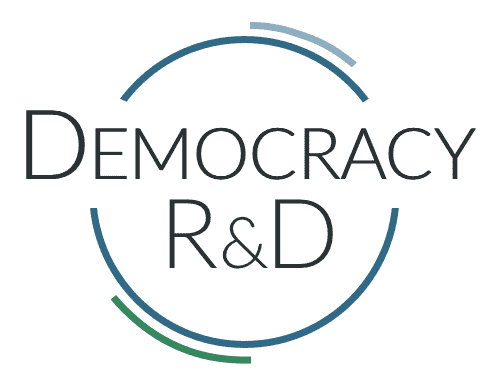Idea Generation/Brain Storming/Proposal making
Real-Life Cases
- Crowd sourcing platforms prior to sessions (Tim Hughes).
Ideas
- Proposal making tool – allows for collaboration in generating recommendations. This could be as simple as a shared google doc or something like Your Priorities (Citizens’ Foundation).
Technologies
- Stormz: for brainstorming and sorting
- Your Priorities
Argument mapping/ Justification
Real-Life Cases
- Nivek/University of Queensland : Online and face-to-face deliberation, significant difference on “giving reasons”, time constraints in the online sessions and easily face to face addressed by asking for reasons more explicitly.
Also see the voting section of this document for CitizenOS example.
- 21st Century Deliberation / What Do We Think — various kinds of mind mapping (kanban (like Trello) to traditional mind maps to hierarchical mind maps). Also, a new kind of “Curated Feedback” mind mapping that uses AI to start relating submitted ideas to each other — and then human staff “themers” who refine themes of ideas, iteratively over time. Proprietary. Transparent data. Free trial available at: https://whatdowethink.org/
Ideas
- “Marcin: facilitators could collect insights from small-group and share among the other groups… Draft recommendations in the same way…draft recommendations and their supporting analysis could be printed as a booklet delivered to participants for reflection before decision making.
- Graham: exploring Mural and Miro. Argument visualization software – to understand the dimensions of issues.
- Sonia: Whiteboard facility in Zoom.
Technologies
- A review of argument visualization platforms is here.
- Consider.it
- Nesta – Crowdsourcing using mini-surveys
- Coggle – simple idea mapping capabilities across multiple users
- What Do We Think
- Lucid Chart
- Zoom White board
- The MIT Deliberatorium – creates a map of different questions, ideas and pros and cons.
To solve the problem of dispersed attention of deliberation participants, the argumentation system has been proposed. Although the idea is conceptual, the argumentation system – a set of algorithms – provides personalized attention-mediation suggestions to each participant based on participants’ interest to maximize the collective intelligence of the user community. The argumentation system also helps identify and amend the shortcomings of discussion such as balkanization, groupthink, irrational bias, mature topics, and controversial posts. A topic manager (someone responsible for ensuring a deliberation achieves useful results) might, for example, be interested in identifying parts of the deliberation that are mature and ready to be “harvested”. This system helps ensure that each part of the deliberation receives attention, and is fully developed by, the participants with the most interest and knowledge on the topic.
Reference: The MIT Deliberatorium: Enabling Large-Scale Deliberation About Complex Systemic Problems

